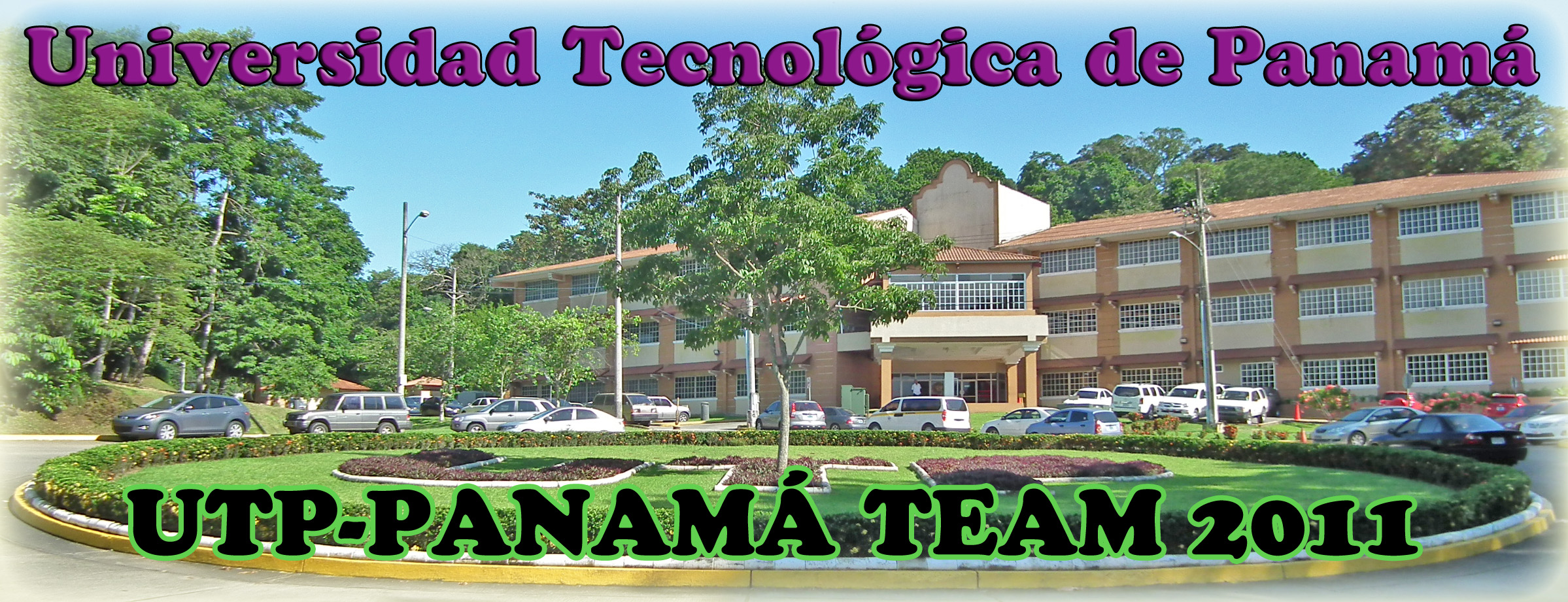I. INTRODUCTION
II. TEAM'S ANSWERS
Dukakis: "Genetic manipulation has always been a controversial issue, an example is the clonation of the first mammal, Dolly the sheep, which further exacerbated the controversies. Years earlier, was the genetic manipulation of foods to make them resistant to pests and get better features, which began the debate on the necessity and the consequences of this practice. Recently there has appeared a new discipline, Synthetic Biology, and taking into account this background it is important in order to avoid prejudice and misconceptions,deeply assess the impact and implications of this discipline. Moreover, creating awareness in society about the benefits, risks, utilization and impact of Synbio for society in general as well as for science and technology. So I think it has been necessary to include within iGEM "Human Practices" to address the above."
Fotis: "My personal opinion is that the human practice is a vital part of IGEM because it provides essential information to public, answering their common questions about what is synbio. Responding questions to common people is very important for the reason that synbio revolution cannot be compared with another type of revolution because we make use of living parts."
Kesia: "The Human Practice project is necessary in this kind of competition because is what keep us joined to our humanity. Before to be whatever we are, we are human beings and it`s a must to have it in mind in order to do real science: the integral science."
Valery: "In my personal opinion, is important to have Human Practices in scientific projects, because it is the bond that we have with our humanity, also with the society and our moral. It is very important also because it make us question ourselves about if the projects that we are developing are good for the communities around us, or if it just can get to be a problem for them. In addition, it is the area that focus on explaining everything that is done by scientists, in a way that every kind of public can understand, so that all the people is informed about what is going on on the labs."
Emmanuel: "This kind of projects requires to have a human practices because as we are playing to be gods, doing what we want with living systems, someone has to put a limit to our inventions, and verify that we are not harming anyone; consequently we have to show that our intentions are good and that we are doing it for the great good. But sometimes even though we have a good purpose, people doesn’t understand, so we, by doing human practices, convince them that this is the future and that we are doing it as a part of human evolution."
Arturo: "The Human Practices project, as one of the key parts in order to develop an iGEM project is possible because in this new branch of life sciences, there is a clear link to the outreach and introduction of concepts at different levels of the society of each country. This is not a science or venture that it´s away from the scrutiny and constant feedback from the public.
Therefore it is strongly justified to implementing Human Practices because otherwise the applications that are planned to be develop will lack of purpose if they are intended to improve the human life, animal and our planet. Awareness and a clear assimilation of the concepts of synthetic biology is the primary objective of Human Practices aspects in all iGEM competition projects."
William: "Personally I think this is because due to the great potential of the area where the competition takes place: the synthetic biology and genetics.
These areas are taboo-science that most people see with fear and do not see justification from the moral point of view. But the truth is that these sciences taken in a responsible and humane, can solve many of the problems that the mankind are facing today.
The most common example is the production of food: making plants resistant to pests, more profitable or more nutritious. In the medicine is also used to produce new drugs and therapies that help to save lives.
At the same time human practice also motivate researchers to develop useful projects for humanity. Who does not want to go down in history as the one who changed all the mankind for the good?"
Naicolette: "Human Practices are possible, cause as there are smart ideas to do projects, there are smart ideas for their application, too. Among these applications we find both excellent and versatile uses and non-beneficial uses. Then, we need a good guidance to these ideas, not only between team members, but for those one are surrounding us (Reminding that we are living entities forming a system - society - and somehow those actions that we take affect others, starting a chain reaction).
- To achieve that orientation we need to know what we do.
- A right orientation is a good basis on which we'll put the know knowledge.
- That orientation is the key for an adequate thought or reflection.
- With this we'll make better ideas and more probabilities of a positive development - in every way - on all synthetic biology projects that we do.
- It should be noted that it's not just for synthetic biology, but all other branches of biology and by extension, in all the sciences.
- Without anything cited previously it would implicate potential hazards (greed, accidents, ward, vices, diseases, emergence of bad philosophies and other degradation of human behavior)."
III. CONCLUSION
 "
"

